UK retailers face 'torrent of theft', call for police action
A group of British businesses in the retailers industry and shopworkers union USDAW facing a huge amount of theft wave have written to police leaders in England and Wales, urging law enforcement officials to back a plan to stop a "torrent of theft" moving across the country.
Reuters reported that in the letter addressed to the Police and Crime Commissioners, who are responsible for setting police priorities and budgets locally, and published on Wednesday, the group had called on forces to make it easier for retailers to report crime and share evidence such as CCTV footage.
They also want the police to identify and arrest prolific offenders, especially those who have a history of repeated felonies and criminal activities.
The group particularly called on police forces to prioritize collecting evidence of brutal attacks against shopworkers to keep violent perpetrators off the streets.
"Shop theft is far from a minor crime, it is the primary trigger for violence and abuse of shopworkers and often committed by prolific offenders or organized crime gangs," the letter, also signed by the Association of Convenience Stores, the British Independent Retail Association, the Federation of Small Businesses and the National Federation of Retail Newsagents, read.
The British Retail Consortium (BRC) estimates the annual cost of theft in the sector has reached 1 billion pounds ($1.24 billion). BRC books showed retail thefts in England and Wales rose by 26 percent in 2022.
Furthermore, local convenience stores in Britain are reporting the highest levels of shop-lifting recorded in the last decade.
The John Lewis Partnership, the owner of department stores and Waitrose supermarkets, told the BBC last week that the country was facing a shoplifting "epidemic".
Clothing chain Primark also reported that its profit margins had been affected by increased theft.
Tesco supermarket chain reported the increased rate of shoplifting had prompted the management to offer its staff body-cams.
In the meantime, the Association of Police and Crime Commissioners' lead for business and retail, Sussex PCC Katy Bourne, said she understood the frustration from the losses the retail sector was facing and was talking with the police officials to find ways to fix the problem.
"From the many businesses I have met it is sadly evident that, too often, the policing response they have received – assuming they got one - is not what they expect," she said, adding that the limited resources of police could not match the huge daily demand for law enforcement in the UK.
However, UK business leaders are complaining that police officials do not realize the importance and necessity of addressing the problem now.
Muntazir Dipoti, President of the Federation of Independent Retailers, says the situation is urgent.
"I know of members who fear for their lives inside the shops, and others who are making the decision to close up," he said.
"The big supermarkets have introduced body cameras, headsets, and expensive equipment, but there's no way most independent retailers can afford that," he pointed out.
Benedict Selvaratnam said he witnesses up to nine shoplifting incidents a day, with shoplifters who are "more brazen and aggressive" because they know they are not a police priority.
The same situation is being echoed in small shops all across the UK, according to the Federation of Independent Retailers, which represents 10,000 shopkeepers.
Selvaratnam, from south London, said his staff faces both verbal and physical abuse on a daily basis.
"We're getting it from mums who are putting products in prams, we're getting it from pensioners, children, and teenagers coming in on bicycles. We've seen a big increase in organized gangs stealing to order, whether it's coffee, honey, or meats," he said.
Selvaratnam said two of his employees were even attacked. One was taken to hospital after being hit in the head with an iron nail and another was attacked with a stick of sugar cane.
He said some female staff members have left the store over safety fears.
Media reports indicate that Britons are largely dissatisfied with No.10's economic policy, with rising inflation frustrating most families trying to make ends meet.
Most Brits are also unhappy with the performance of the Bank of England (BoE).
According to official government data cited by the Financial Times, public confidence in the BoE’s approach to tackling inflation has fallen to a record low.
Paul Dales, an economist at the consultancy Capital Economics, said public dissatisfaction suggests, "the surge in inflation may have stripped the BoE of some of its credibility”.
“That could mean interest rates need to stay higher for longer in order to clamp down on inflation expectations,” he added.
UK Prime Minister Rishi Sunak, who had pledged to halve inflation this year, has failed to deliver on his promise, mounting added pressure on average Brits striving to provide food, clothing, and shelter for their families.

Palestinian child in Gaza documentary holds BBC responsible for fate after persecution
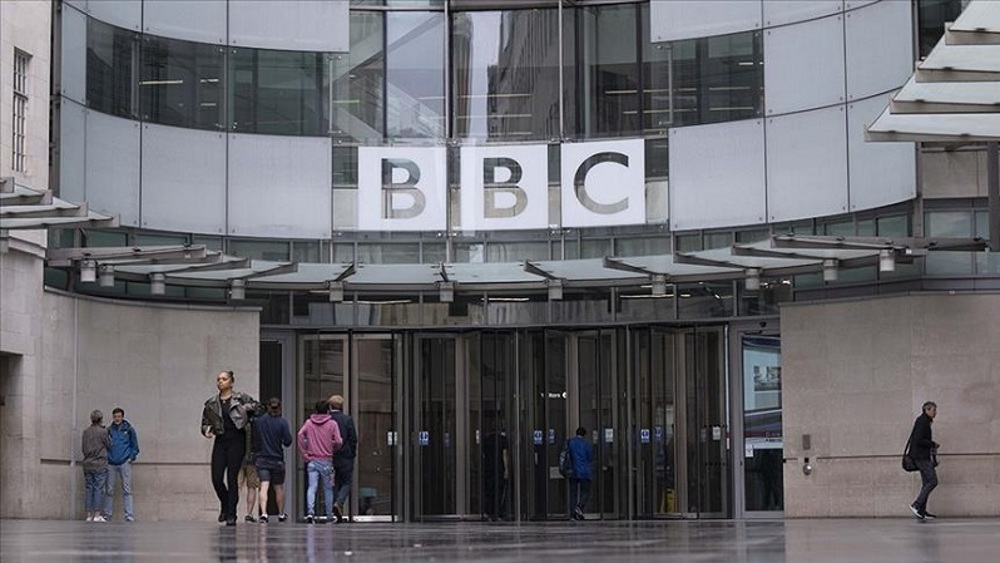
BBC pro-Israel bias in reporting Gaza genocide
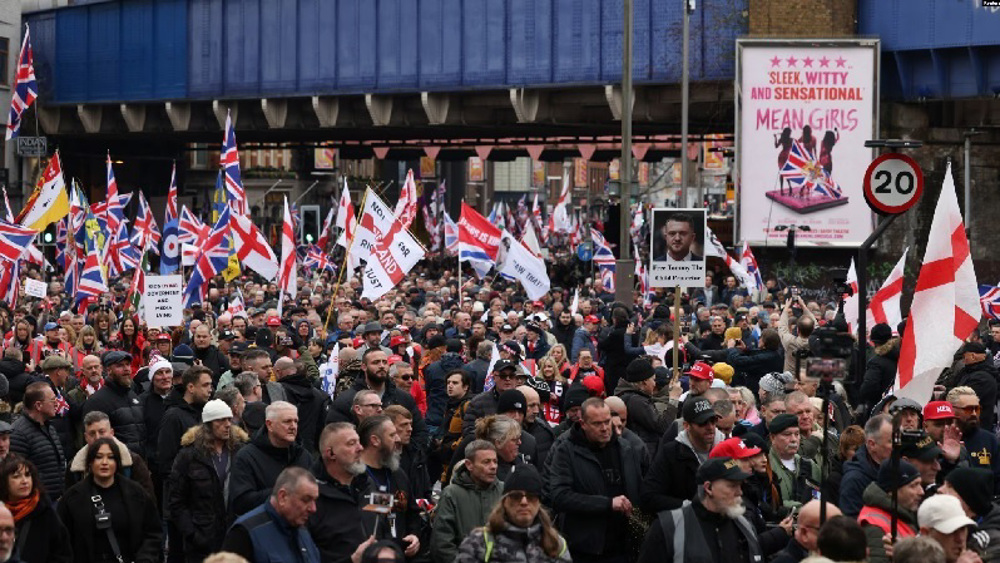
London anti-racism protests
VIDEO | Israel fears Egypt
Pezeshkian: A united Iran will not give in to threats
VIDEO | Israel Gaza aid blockade
VIDEO | Press TV's news headlines
Rights groups: 21 Palestinian female detainees being held in Israeli jails
VIDEO | Trump's direct talks with Hamas & Israel's anger
Iran awards $17bn worth of contracts to boost pressure in South Pars
UK, France, Germany, Italy support Arab plan for Gaza reconstruction


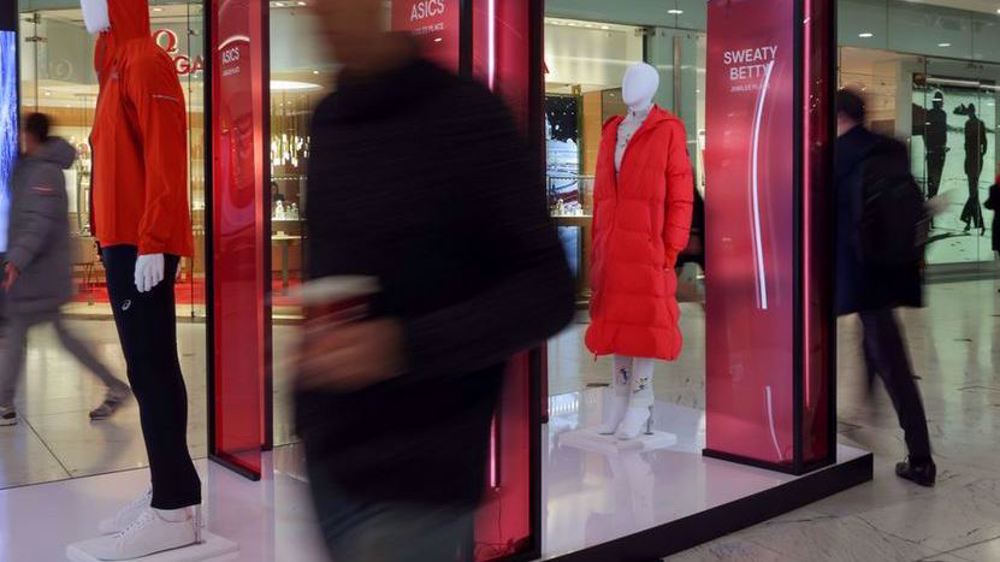
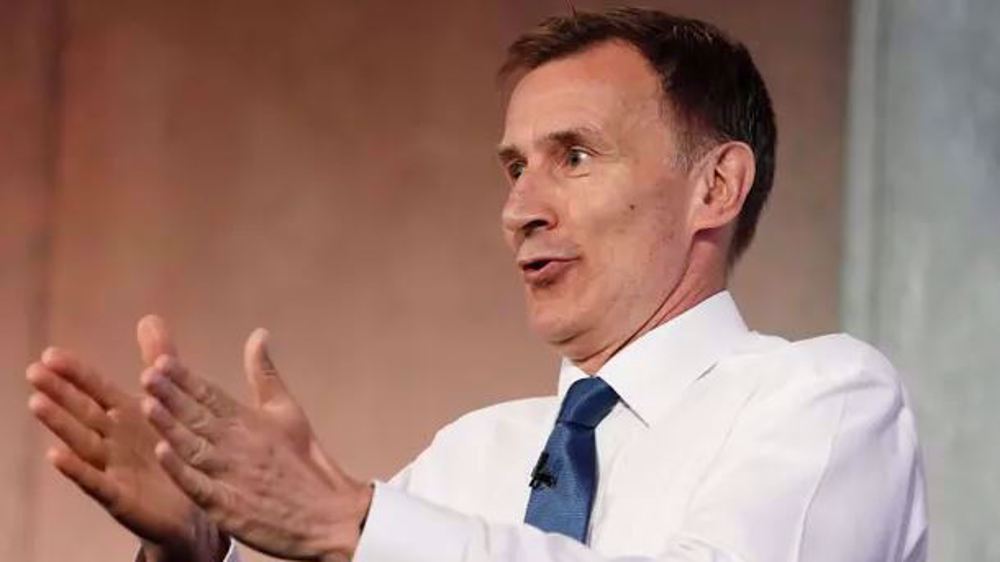



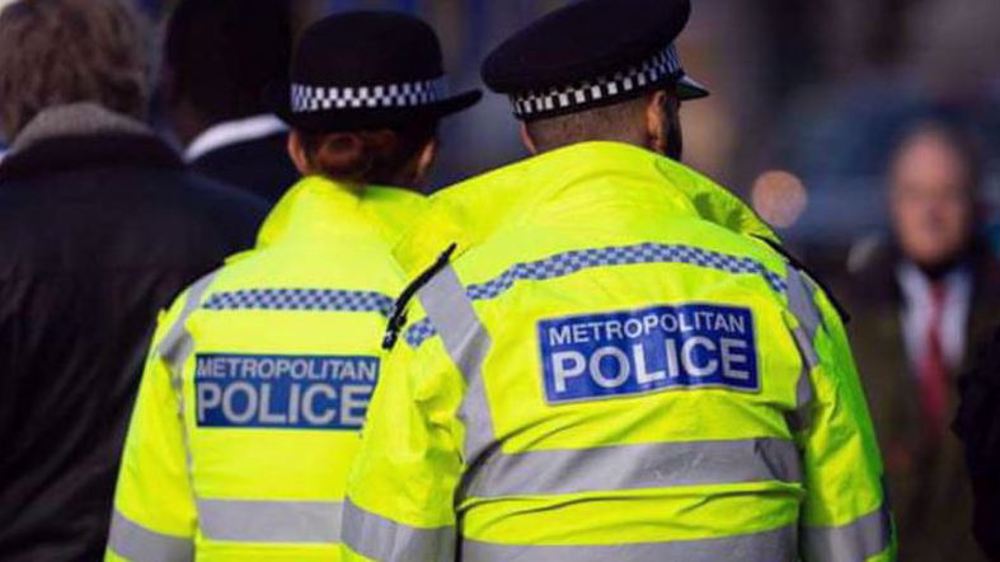

 This makes it easy to access the Press TV website
This makes it easy to access the Press TV website